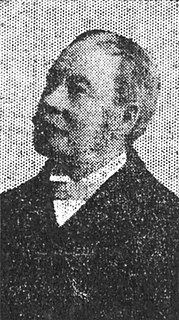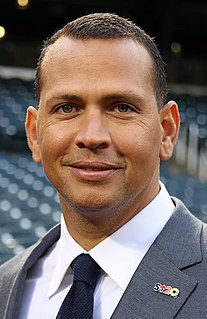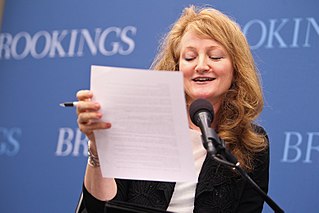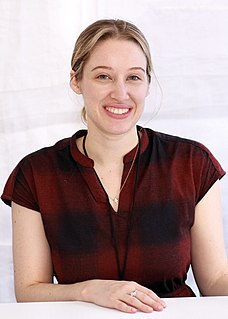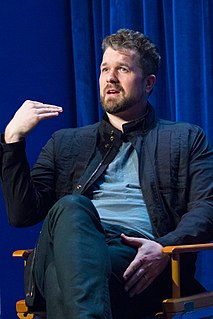A Quote by Fred Wilson
I'm really interested in the intersection between reputation, identity, and knowledge.
Quote Topics
Related Quotes
Reputation is seeming; character is being. Reputation is manufactured; character is grown. Reputation is your photograph; There is a vast difference between character and reputation. Reputation is what men think we are; character is what God knows us to be. Reputation is seeming; character is being. Reputation is the breath of men; character is the inbreathing of the eternal God. One may for a time have a good reputation and a bad character, or the reverse ; but not for long.
As religion is now practiced and science is now practiced, there is no intersection between the two. That is for certain. And it’s not for want of trying. Over the centuries, many people—theologians as well scientists - have tried to explore points of intersection. And anytime anyone has declared that harmony has risen up, it is the consequence of religion acquiescing to scientific discovery. In every single case.
Now I wonder what our knowledge has in common with God's knowledge according to those who treat God's knowledge... Is there anything else common to both besides the mere name? ...there is an essential distinction between His knowledge and ours, like the distinction between the substance of the heavens and that of the earth.
When it comes to identity, that was an issue that plagued me for a lot of my life. It's something that I wanted to tap into. Film can really take you to other places, and sometimes that's necessary to understand your own identity or someone else's identity or just the issue of identity, in general. It takes you. It's borderless. It's boundless. It's universal.

